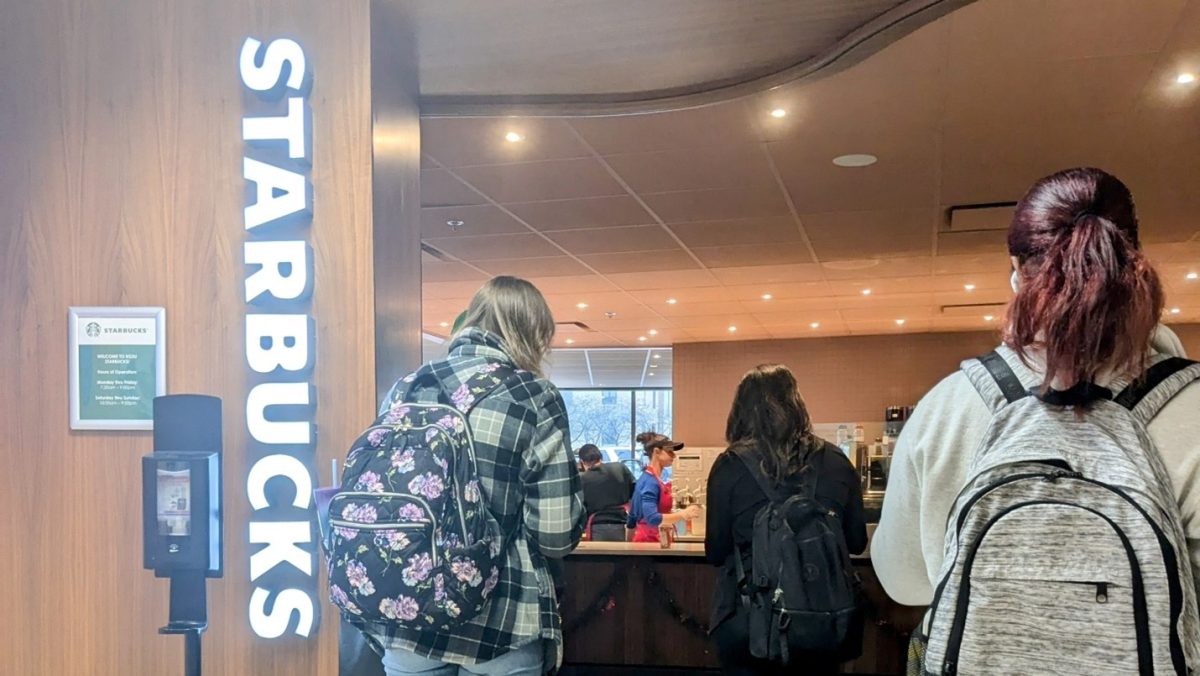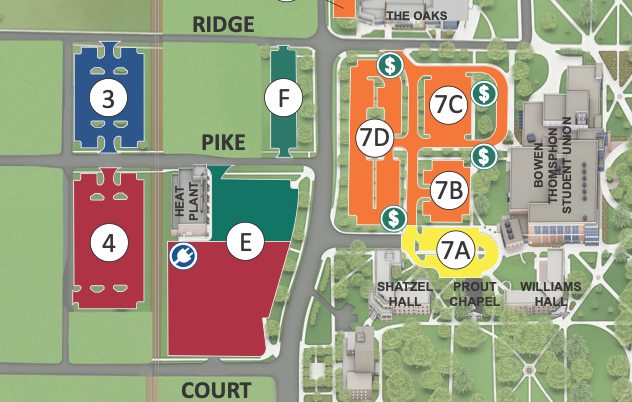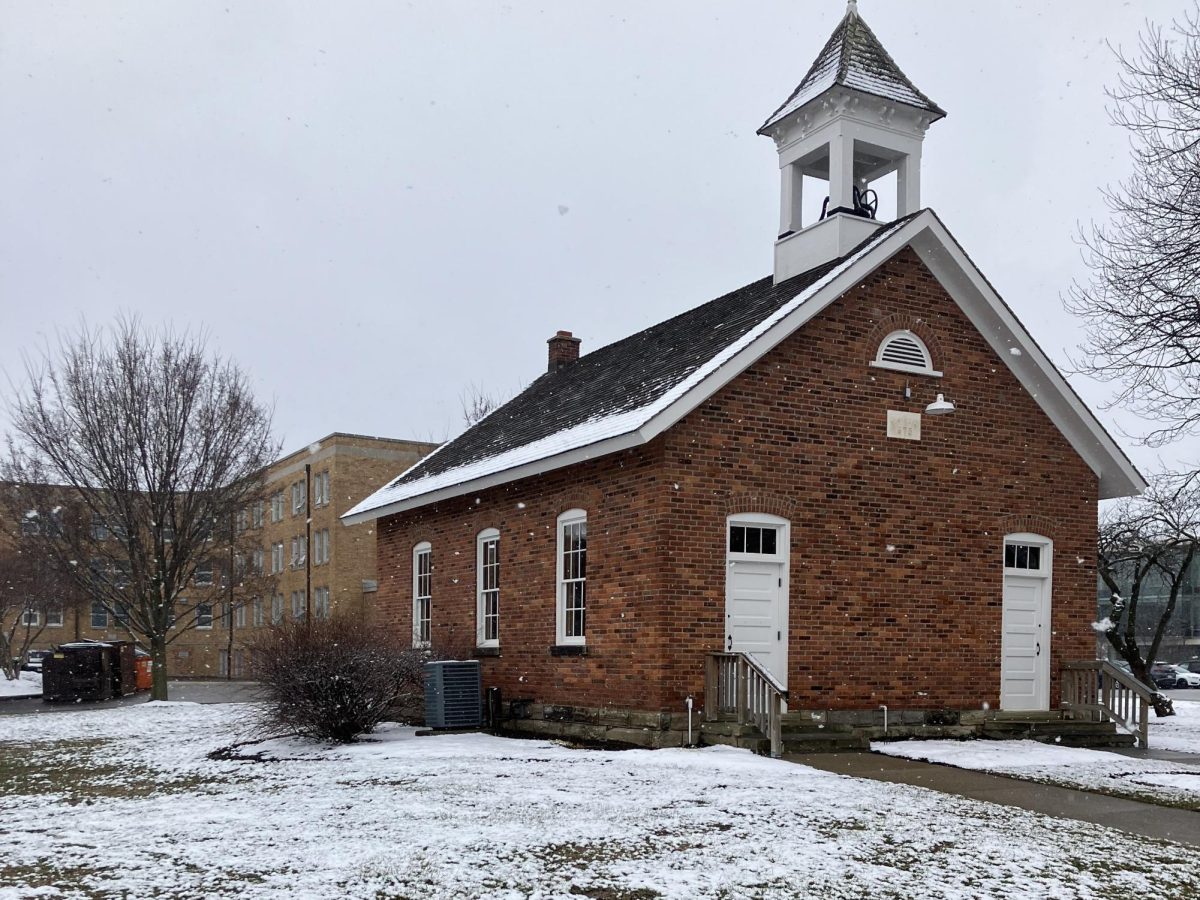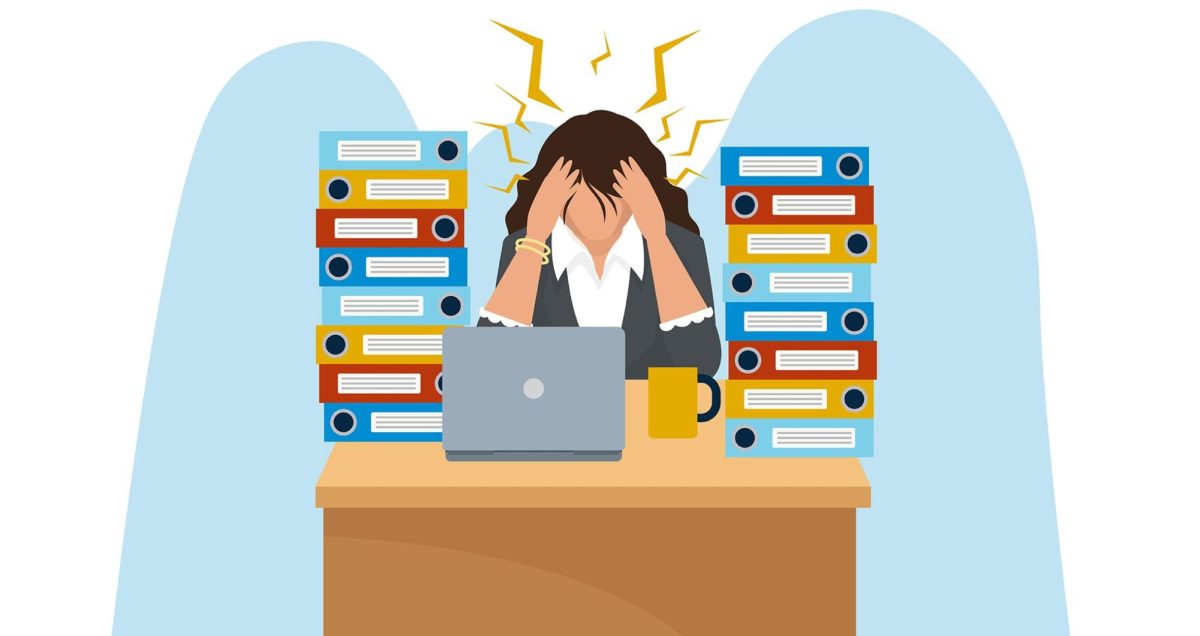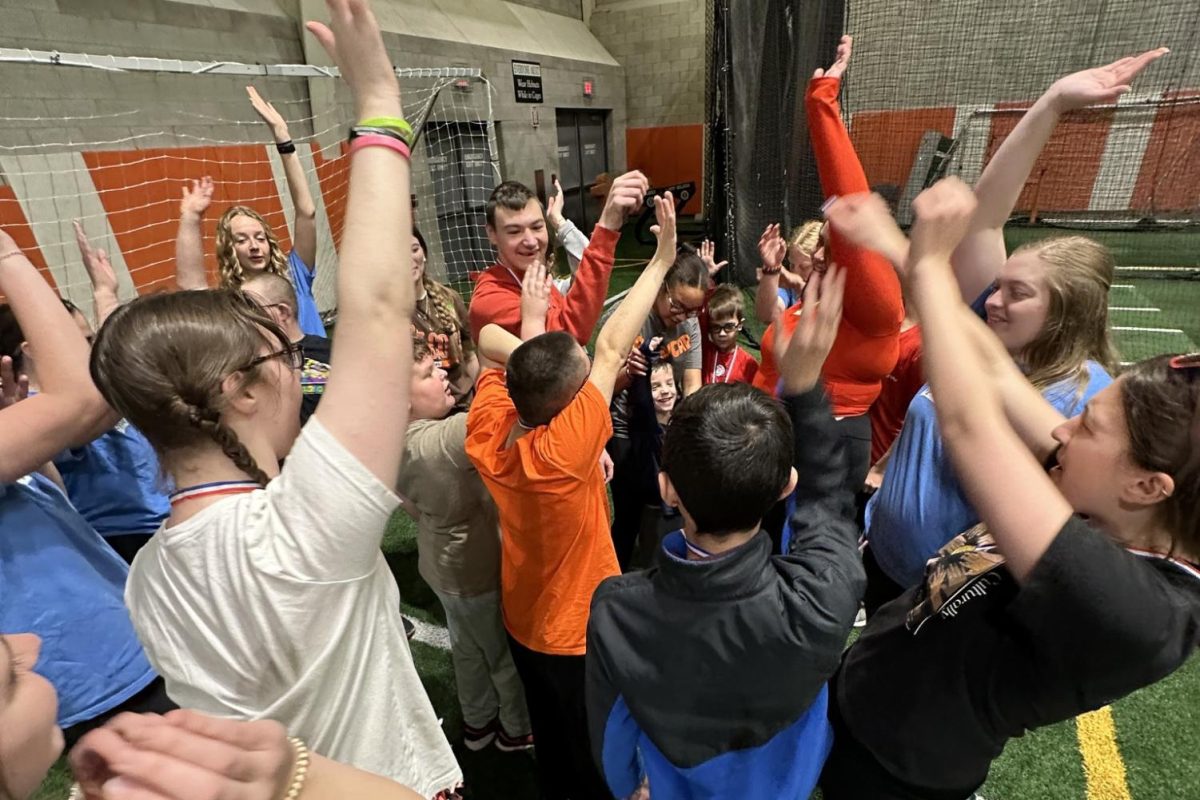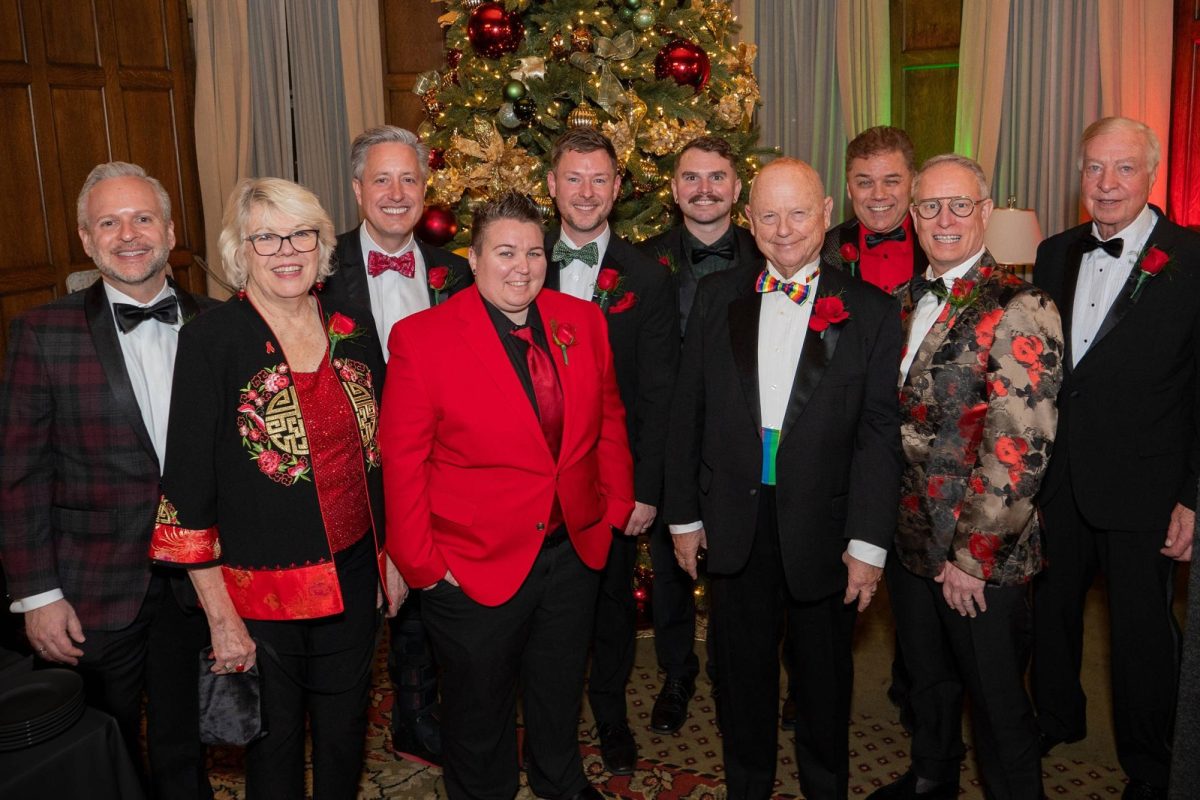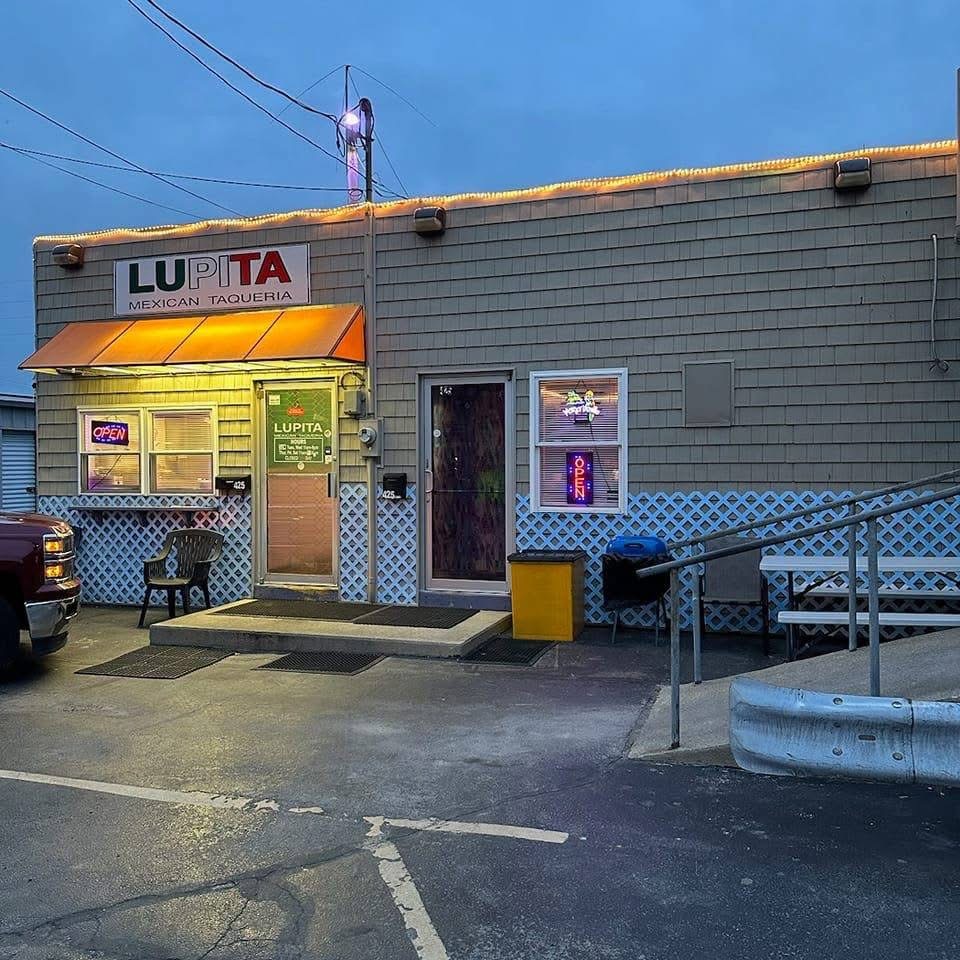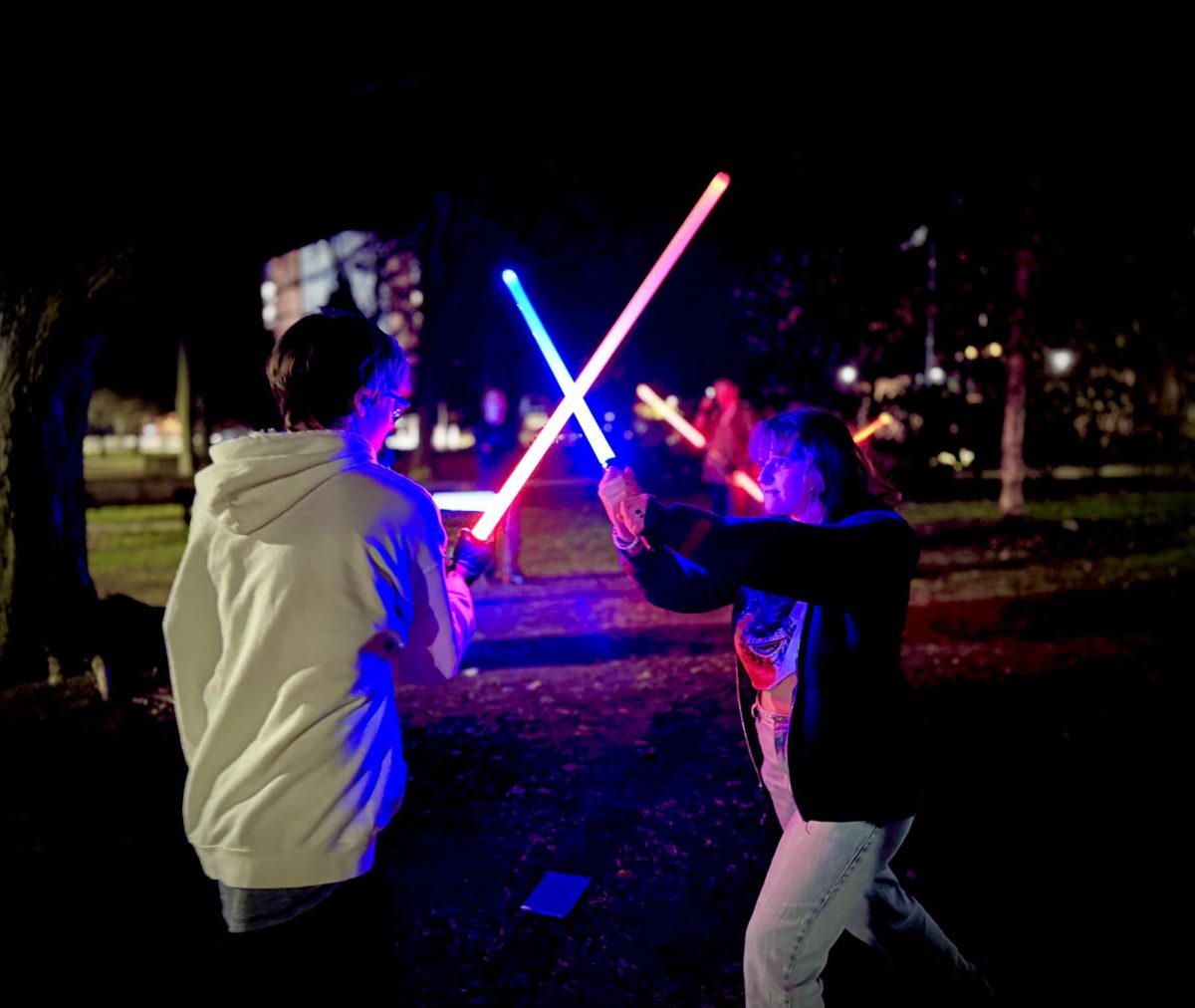Alex Solis and David Neely are running for re-election, marking the first time in 20 years that an Undergraduate Student Government president has run for a second term.
USG President Alex Solis and Vice President David Neely announced their intentions to run again to The BG News Tuesday.
“We knew we could offer that consistent student voice from one year to another,” Solis said.
Solis and Neely are running unopposed for now, but that won’t be official until Thursday, when the applications for running are due.
Applications to run for any USG position are due to Evan Colyer, USG chief administrator, by 5 p.m. Thursday. Prospective candidates had to attend a mandatory election information session in order to run. Those sessions ended this past Tuesday.
Solis’ re-election campaign marks the first time a student has twice run for USG president since 1993. President Jason Jackson, along with first-time vice presidential running mate Chad Luckner, ran unopposed for his ’93-’94 school year, according to a February 1993 article in The BG News.
It’s rare for presidents and vice presidents to run for re-election because most serve their first term as seniors, but Solis and Neely were first elected for their junior years.
For those who are not seniors their first term, the pressures of the job make running for re-election rare, Solis said.
“Few have run for re-election. Even fewer have won,” he said. “It makes me nervous … you look back at what you’ve done but you got to look at what you want to accomplish and keep on going.”
With all the changes going on at the University, from the master plan to the faculty cuts, Solis and Neely both said they have the most knowledge regarding the state of the University.
“Being in this position for a year now, we believe we have a firm understanding of how the University works … and also how to represent students in the fullest way possible,” Neely said.
For their first term, the duo ran on being a voice for every student, and while Solis said they’ve done a good job, he wants to take it a step further. The pair plans to make communication with all students a top priority, by not engaging exclusively with student leaders, but “really start engaging that everyday student,” Solis said.
They hope to accomplish this not only through social media, but one on one interaction, Solis said.
This involves both hearing student concerns, and letting them know what is going on at the University.
“One of the big things we always try to do is let students know what changes are coming, how it effects them and answer any questions along the way,” Neely said. “That’s kind of where we’re leaning towards. More interactions that are meaningful.”
Solis and Neely touted their accomplishments thus far.
The Student Recreation Center renovations are on schedule, for which Solis sits on the committee. Neely was part of the plan to become more efficient with energy usage, which was followed by President Mary Ellen Mazey’s signing of the “American Colleges and Universities Presidents’ Climate Commitment” pledge.
Just a couple weeks ago, a USG resolution prevented a controversial change in the Union room reservation policy, which involved Solis going against administrators for students, he said.
“It was not fun disagreeing with administration when it comes to student opportunity and student voice,” Solis said, “but everyday we walked in the office and we took the position of, ‘We’re not going to make the best political move, let’s make the move that’s best for students.’”
But the year has not been without concerns of accountability in the Senate, as a number of senators have had office-hour deficits. Senate members are required to spend two hours a week in the USG office or meeting with students throughout campus, according to USG bylaws. Many, however, have accumulated a wealth of missed hours, some reaching the six-hour threshold that could result in removal from the Senate, said Auxiliary Affairs Chair Kallie Durkit at Monday’s USG meeting.
As of Wednesday, no senator had been removed from their posts.
Coming into their first term, Solis and Neely were “excited to get the ball rolling,” Solis said. They had a set, unchanging campaign platform, but this time will be different, Solis said.
The student concerns will be added to the platform as they campaign, he said.
“I want this platform to also be a breathing document of ‘Here’s what we set, but we want it to be much more than that,’” Solis said. “I truly mean this when I say we create a movement of change one conversation at a time.”


